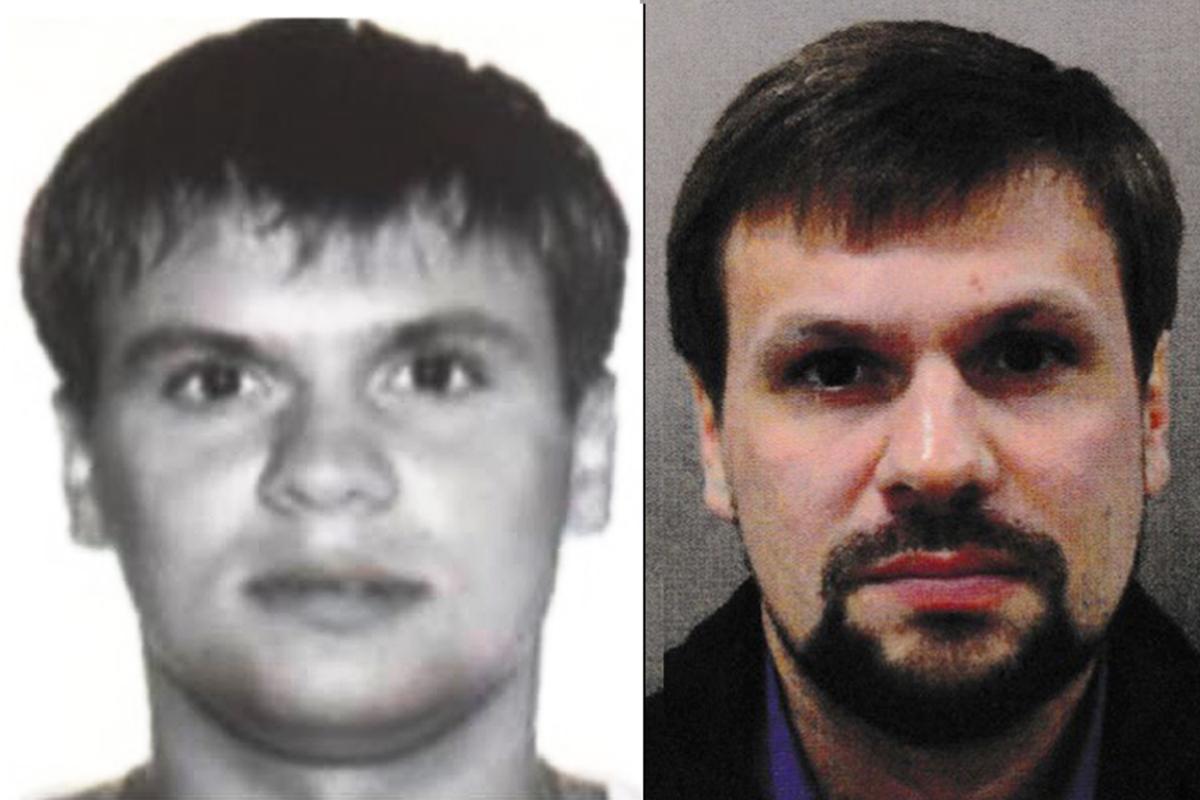Salisbury novichok suspect helped Ukraine’s deposed president flee country, new investigation claims
If true, it would continue a miserable run for Russia’s secret elite. Two weeks ago, it was revealed that dozens of agents could be identified from passport records

Your support helps us to tell the story
From reproductive rights to climate change to Big Tech, The Independent is on the ground when the story is developing. Whether it's investigating the financials of Elon Musk's pro-Trump PAC or producing our latest documentary, 'The A Word', which shines a light on the American women fighting for reproductive rights, we know how important it is to parse out the facts from the messaging.
At such a critical moment in US history, we need reporters on the ground. Your donation allows us to keep sending journalists to speak to both sides of the story.
The Independent is trusted by Americans across the entire political spectrum. And unlike many other quality news outlets, we choose not to lock Americans out of our reporting and analysis with paywalls. We believe quality journalism should be available to everyone, paid for by those who can afford it.
Your support makes all the difference.Anatoly Chepiga, the military intelligence colonel identified as one of the two suspects in the Salisbury poisoning, received Russia’s highest military award for his role smuggling former president Viktor Yanukovych out of Ukraine in 2014, it has been claimed.
A new report by the Dossier Center, a group funded by exiled oligarch Mikhail Khodorkovsky, has tracked several addresses where Mr Chepiga is registered. One, a student dormitory in southern Moscow, he shares with a dozen other servicemen with similarly blank public records. The report suggests that these men, too, could be intelligence officers.
If true, it would continue a miserable run for Russia’s secret elite. Two weeks ago, it was revealed that dozens of agents could be identified from passport records.
Mr Chepiga was, the report says, alongside Mr Yanukovych when he scurried from his gilded Mezhyhirya residence outside Kiev on 22 February, and when he left the country from Crimea a day later.
Such a complex and fraught operation does tally with the exceptional nature of the Hero of the Russian Federation award, only a handful of which are awarded each year. But The Independent has not been able to verify the claim, and notes that it hinges on the testimony of one unidentified source.
The report’s author, investigative journalist Sergei Kanyev, told The Independent that he was unable to extract further information from his source. “He is a GRU officer with over 30 years of experience. I have no reason to doubt him,” he said.
The Kremlin doesn’t know how to get their story straight. As soon as they come up with a line, boom, we manage to get new information out. They can’t win
But another report published on Monday by the Novaya Gazeta newspaper offered a different version of events, suggesting Mr Chepiga had been awarded the honour for operations in Crimea itself.
It also suggested that the young Mr Chepiga had benefited from connections in the right places in regional government, pushing him up the intelligence hierarchy.
Moscow has denied any role in the poisoning by nerve agent of Sergei Skripal and his daughter Yulia Skripal. It has said that the two men identified by British detectives are ordinary citizens, and claims to have had no knowledge of the GRU officer Mr Chepiga, identified by investigative outlets Bellingcat and The Insider.
But after several forensic digital investigations, the Kremlin’s story is looking less and less credible.
“They don’t know how to get their story straight,” says Mr Kanyev. “As soon as they come up with a line, boom, we manage to get new information out. They can’t win.”
Join our commenting forum
Join thought-provoking conversations, follow other Independent readers and see their replies
Comments